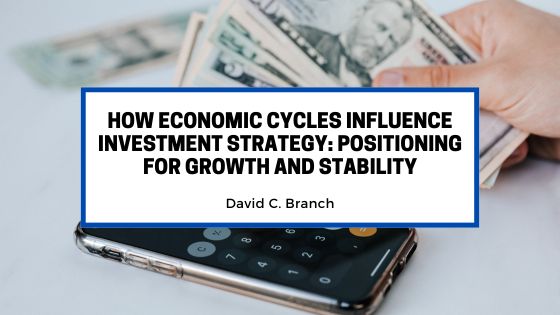
How Economic Cycles Influence Investment Strategy: Positioning for Growth and Stability
The economy moves in cycles, shifting between periods of growth, contraction, and recovery. While these changes are a natural part of the economic landscape, they have a significant impact on investment performance. Understanding how economic cycles influence markets...
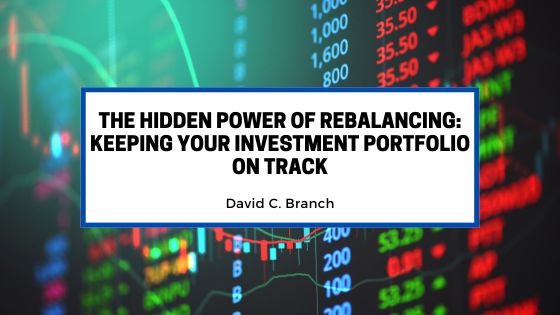
The Hidden Power of Rebalancing: Keeping Your Investment Portfolio on Track
Building an investment portfolio is just the beginning of the journey toward long-term financial success. Over time, market fluctuations can alter your portfolio’s balance, leaving you with more exposure to some assets and less to others. This is where rebalancing...
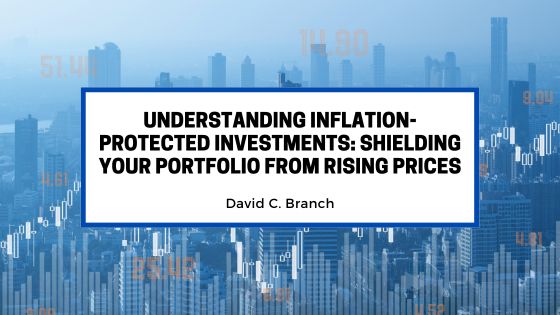
Understanding Inflation-Protected Investments: Shielding Your Portfolio from Rising Prices
Inflation is an inevitable part of any economy, gradually eroding the purchasing power of your money over time. While modest inflation is normal, prolonged periods of rising prices can significantly impact savings and investment returns. To safeguard your wealth, it...
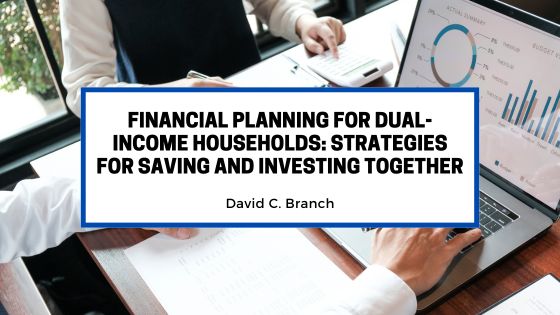
Financial Planning for Dual-Income Households: Strategies for Saving and Investing Together
Dual-income households often enjoy greater financial flexibility than single-income households, but managing money together can present unique challenges. Combining incomes, coordinating spending habits, and aligning financial goals require communication, planning,...

The Rise of ESG Investing: Aligning Your Portfolio with Your Values
Investing is no longer solely about financial returns. Increasingly, investors are seeking to align their portfolios with their personal values, focusing on environmental, social, and governance (ESG) criteria. ESG investing has grown rapidly in popularity as...

The Psychology of Money: How Your Mindset Influences Financial Decisions
Money is not just about numbers on a spreadsheet. While financial literacy and investment strategies matter, the way we think and feel about money plays an equally important role in shaping financial outcomes. Our mindset, past experiences, and emotional triggers...
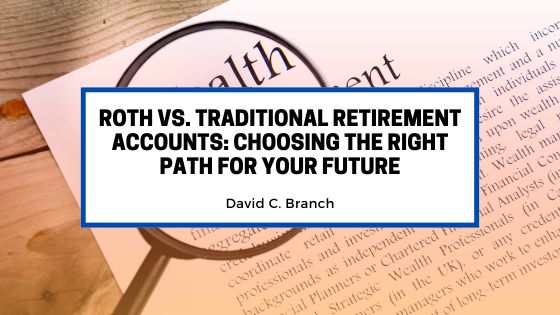
Roth vs. Traditional Retirement Accounts: Choosing the Right Path for Your Future
Planning for retirement involves more than just deciding how much to save. One of the most important choices you will face is whether to contribute to a Roth or a Traditional retirement account. Both options can help you build a strong financial future, but the...
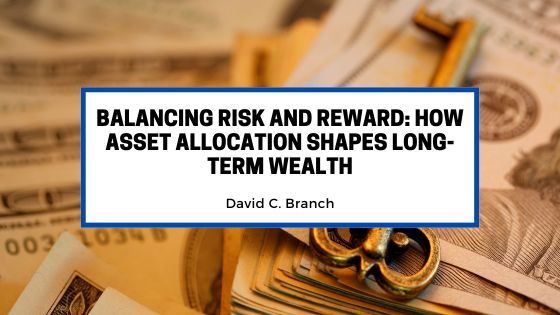
Balancing Risk and Reward: How Asset Allocation Shapes Long-Term Wealth
Building wealth is not just about picking the right stocks or chasing high returns. At the heart of a sound investment strategy lies asset allocation—the way you divide your portfolio among different asset classes such as stocks, bonds, real estate, and cash. Asset...
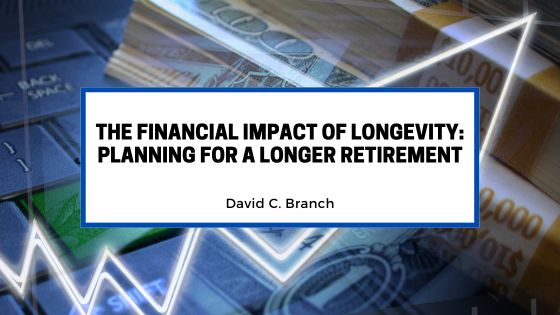
The Financial Impact of Longevity: Planning for a Longer Retirement
People are living longer than ever before. While increased life expectancy is a positive development, it also presents new challenges—especially when it comes to retirement planning. A longer life means a longer retirement, and that can significantly increase the...
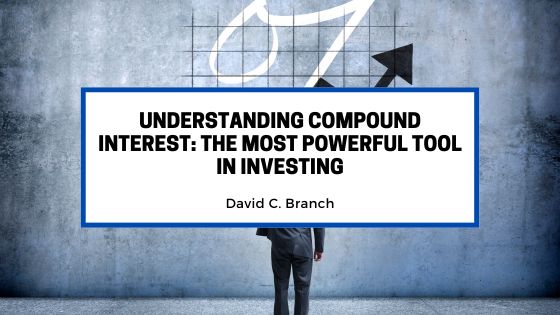
Understanding Compound Interest: The Most Powerful Tool in Investing
When it comes to building long-term wealth, few forces are as powerful as compound interest. Often called the eighth wonder of the world, compound interest allows your money to grow faster by earning interest not just on your original investment, but also on the...
